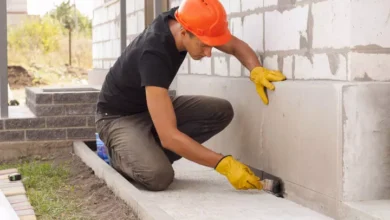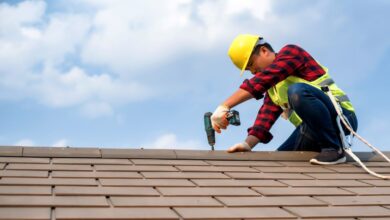How to Save Energy While Spending More Time at Home
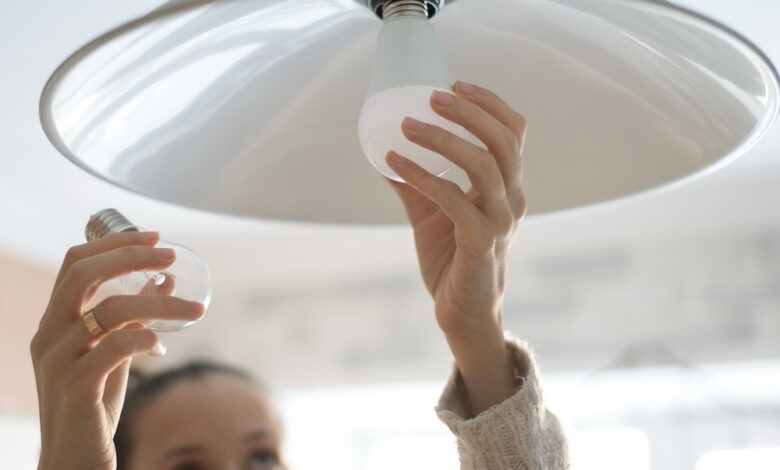
Your boss sent you home to work at the start of the coronavirus pandemic. Nearly five months later, the master bedroom is still your office. And now it is looking more likely that the kids will not be going back to school in the fall. You will all be spending more time at home. What will that do to your energy bill?
Few of us probably give any thought to how much energy business and schools use. But our eyes are suddenly being opened by larger utility bills for our own homes. We have all seen how much more energy we use when everybody is home seven days a week.
NV Energy, the Nevada utility originally founded in Reno, just recently offered local homeowners tips for saving energy in the midst of spending more time at home. The tips obviously do not apply just to residents in Reno. They work for everyone.
Switch to LED Lights

One of the most doable suggestions on the NV Energy list is to switch to LED lights. Incandescent bulbs were fine in their heyday, but they consumed far too much energy compared to fluorescent and LED bulbs. And by the way, incandescent bulbs are now illegal. That leaves homeowners with fluorescent and LED.
Fluorescent bulbs are measurably more efficient than incandescent. However, they come with serious environmental concerns. LED lights are more efficient than both fluorescent and incandescent. Furthermore, they do not pose any direct danger to the environment and they will save any homeowner a ton of money.
Turn Off Unused Lights

As long as we are talking about lights, NV Energy suggests turning off outdoor lighting. That is a great suggestion, but why stop there? It is far better to turn off any lights that are not being used. And yes, turning off lights is still helpful even in the era of highly efficient LEDs.
Many of us can remember our grandfathers and fathers declaring “I am not the power company” as they walked around the house turning off lights. We laugh, but they made a good point. Regardless of how efficient your lights are, it makes no sense to walk out of a room and leave them on. Unused lights waste energy for as long as they remain on.
In relation to outdoor lighting, Vivint Smart Home recommends replacing exterior lighting with motion-sensitive lights or hooking them up to a wireless home automation system. Being able to program lights gives you the freedom of having them on when necessary and off when not – without actually having to worry about it every day. Lights can be programmed to turn on and off automatically.
Turn Off Unused Appliances
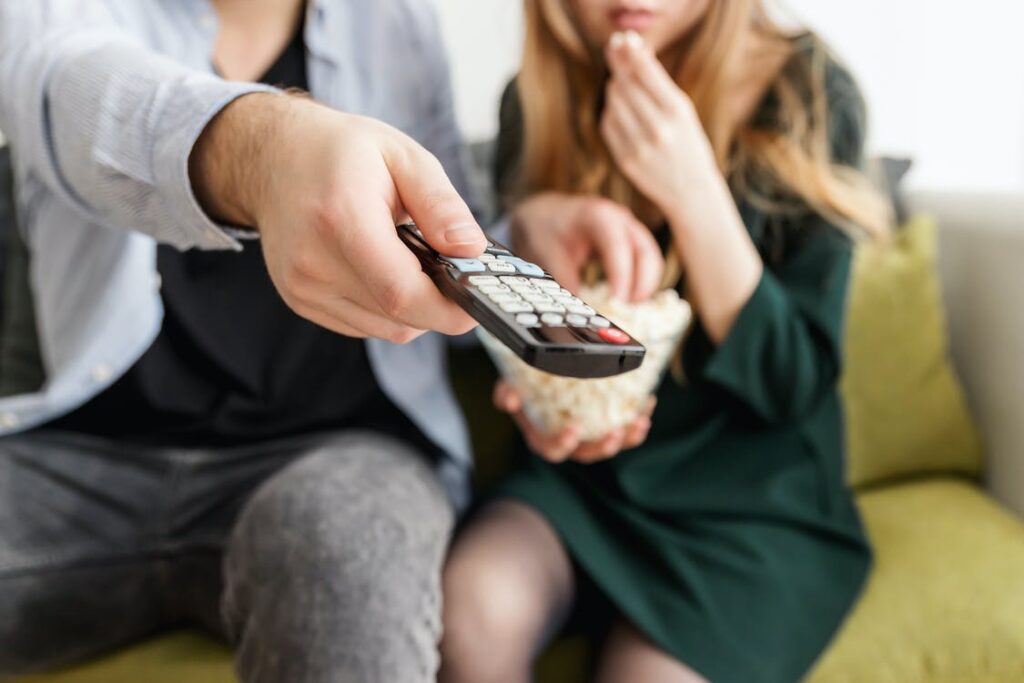
This next tip could save a lot of money even though it is quite inconvenient. What is it? Turning off unused appliances. If you are not using your computer, turn it off. The same goes for your TV and home entertainment system. Do not assume that those appliances do not consume energy when they are hibernating or sleeping. They do.
You can go the extra mile by unplugging unused appliances as well. The fact is that many of our modern appliances continue to draw power even when they are off. They do so in order to maintain certain settings. If you don’t mind losing those settings, there is no need to keep such appliances plugged in.
For instance, maybe you own a single cup coffee machine. Does it really matter if the machine displays the correct time? Probably not. And because single-cup machines tend to heat water very quickly, there really is no need to keep them plugged in 24 hours a day.
Use Blinds and Shades

NV Energy reminds Reno homeowners to make good use of their blinds and shades. This is smart advice. Remember that Reno is out in the middle of the desert. By keeping blinds and shades closed during the day, homeowners in Nevada can better control interior temperatures. Their AC units will not work as hard or consume as much energy.
The same tip applies around the country during the summer months. During the winter, you do just the opposite. Leaving blinds and shades open during the day allows the sun to warm interior air, thus reducing the workload on your furnace.
Vivint Smart Home says that blinds and shades can be automated to raise and lower according to season and time of day. And of course, a smart thermostat can help save energy by tightly controlling how frequently furnaces and AC units kick on.
Run Full Loads
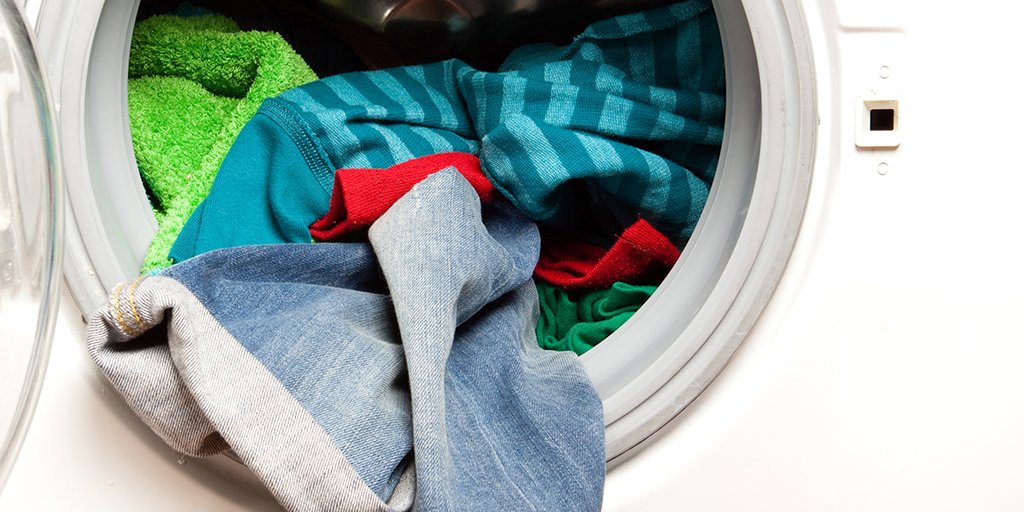
One last suggestion from NV Energy is to run the dishwasher and washing machine only with full loads. In other words, both types of machines have a predetermined capacity. They are most efficient when running at capacity. So families can save energy by not running the dishwasher or washing machine at half full.
Running the dishwasher fully loaded results in more clean dishes with the same expenditure of water, heat, and dishwasher detergent. Full loads save money in the long run. The same is true for the washing machine, though many modern machines have sensors capable of reducing water volumes when loads are smaller.
Cook Less Frequently

The final tip for this post is one that NV Energy didn’t offer: cook less frequently. This is not to suggest that you should go out to eat more often. Rather, it is an encouragement to use your stove, oven, or grill more efficiently.
Let’s say you are heating the oven to 400° to cook a roast. Why not throw those pork chops in at the same time? Fill the oven to capacity and do more cooking at one time. What you do not need for that particular meal can be frozen and used later.
There certainly many other things one can do to save energy now that we are spending more time at home. Whether you live in Reno or elsewhere, it is all about making the most of your resources.

